Five Nigerian women have been recognized by FORBES WOMAN AFRICA for the significant work they are doing in their industry through their own organizations.
FORBES WOMAN AFRICA launched a new initiative, The New Wealth Creators list, where female entrepreneurs on the African continent running businesses and social enterprises that are new, offbeat and radical are highlighted for their work.
This list, which is titled, “Businesses Of The Future: 20 New Wealth Creators On The African Continent” is the first edition by FORBES WOMAN AFRICA and it recognizes five Nigerian women out of the 20 listed.
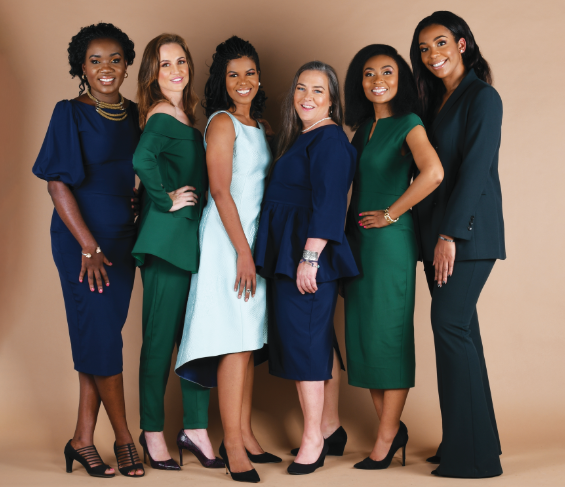
These women come from across the continent, from the villages and the suburbs, and are in their 20s, 30s, 40s and 50s. They have all adopted sustainable development initiatives in one way or another to help solve Africa’s problems.
They may be wealth creators but their businesses, ironically, did not stem from a need to make money, but rather from the need to solve Africa’s persisting socio-economic challenges.
Know more about the listed Nigerian women here:
1. Jessica Anuna, 27 -Founder and CEO, Klasha
Sector: E-commerce
At the age of 23, Anuna, who grew up in London, decided to live in China to learn how the Chinese did business. Meanwhile, she had gained an understanding of the world of e-commerce from working for organizations like NET-A-PORTER, Amazon and Shopify Plus in London.
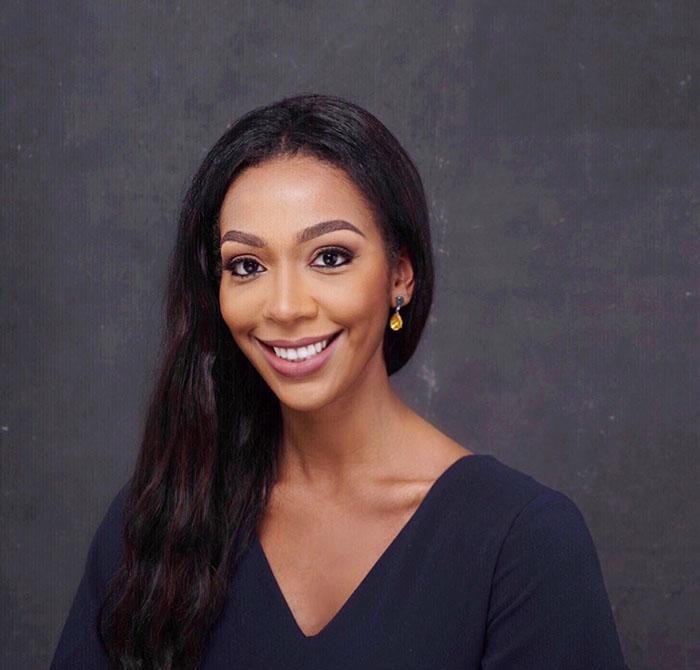
So, she started with a Fast-Moving Consumer Goods export company specialising in textiles. She would also source fashion and beauty products from factories in the Guangdong province in China and then ship them to clients in the UK and US.
When she returned to Nigeria in 2016 to expand her business, she found out that it was difficult for young people had to travel all the way to the UK or the US to shop fashion goods. So, she founded Klasha in 2017 as a platform for fast fashion retailers serving millennials in Africa.
With branches in Dubai and Lagos, and employees of six women, Anuna plans to make Africa one of the global players in the fast fashion industry.
2. Ngozi Adebiyi, 44 – Founder, CEO and Lead Consultant, OutsideIn HR
Sector: HR Innovations
Surprised by the lack of innovative processes within the HR sector, Ngozi took it upon herself to provide an innovative service to companies through gaming and business simulations.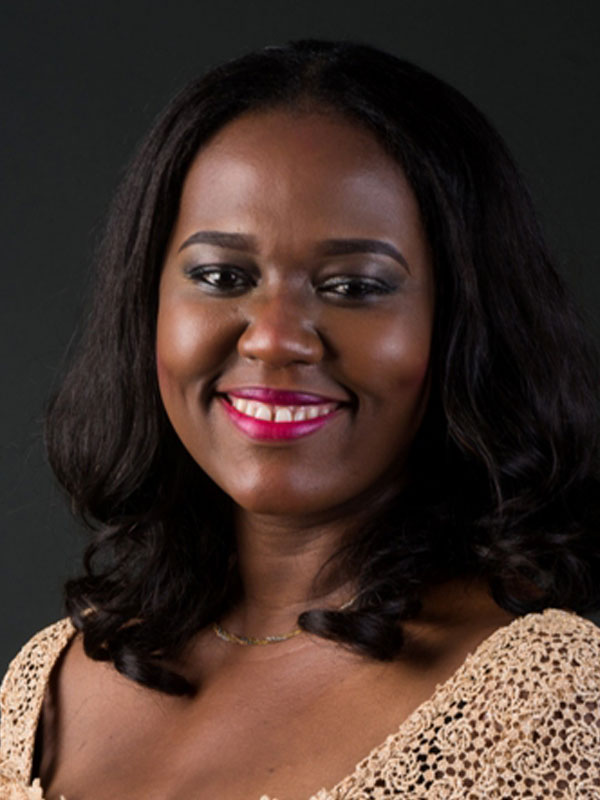
She became an ‘accidental entrepreneur’ after working in the human resource (HR) sector for over 13 years.
“People that I had worked with starting asking me, ‘oh, come and help us with this, come and help us with that’, so I usually say that I became an accidental entrepreneur,” she explains.
Soon, she started her own company and offered talent management services, consulting and coaching and training services to clients.
But she found out that participants were not getting enough from the lectures as they were often distracted. So, she found innovative ways to deal with the problem and now, she offers HR and business simulation programs catered to each client. Her goal is to revolutionize HR in Nigeria by providing innovative services.
3.Vivian Nwakah, 36 – Founder and CEO, Medsaf
Sector: Digital Pharmacies
Born and raised in Chicago, Vivian started her company when she lost a friend who died as a result of taking fake medication as well as a lack of adequate healthcare services.
During her studies at the Georgia State University – J. Mack Robinson College of Business to pursue an MBA in International Business, she travelled to Nigeria for the first time in her life, to fulfil her internship requirements for three months, learning about the healthcare systems in the country.
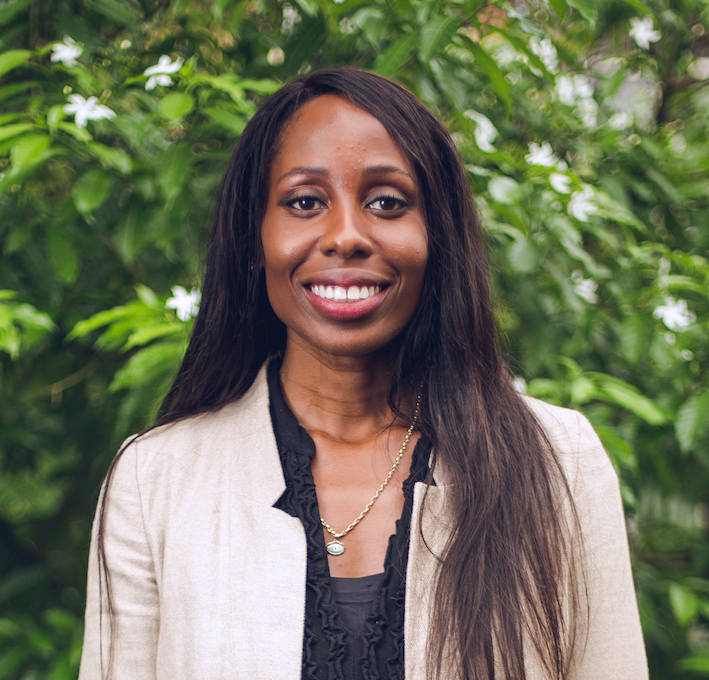
But her experiences with the Nigerian medical system made her stay back so as to be a part of its solution. After three years of research and planning, in 2017, she founded Medsaf-a digital medication supply chain management solution, linking hospitals and medication manufacturers from all over the world through a “pay as you go” system.
Through the platform, she created a transparent, affordable and safe manufacturing method to get direct medication to hospitals and pharmacies across Nigeria. Medsaf also gives hospitals and pharmacies a ‘credit score’ based on indicators such as repayment history, insurance data and patient feedback.
According to Nwakah, more than 400 hospitals and pharmacies signed up to use the platform and app when they launched, allowing stakeholders to see drug information, tracking and tracing details on a smartphone.
They make profit from medication sold through the platforms as well as through inventory management and data subscription services.
Having raised $1.4 million, Medsaf is looking to expand to other countries.
4. Odunayo Eweniyi, 26 – Co-founder and COO, Piggybank.ng
Sector: Fintech
A first class graduate of computer engineering at Covenant University in Nigeria, Odunayo left her parents’ home to live with her aunt and begin with the process of finding a job.While job hunting, she met two former university mates, who asked her to join them on working on two projects but the projects failed.
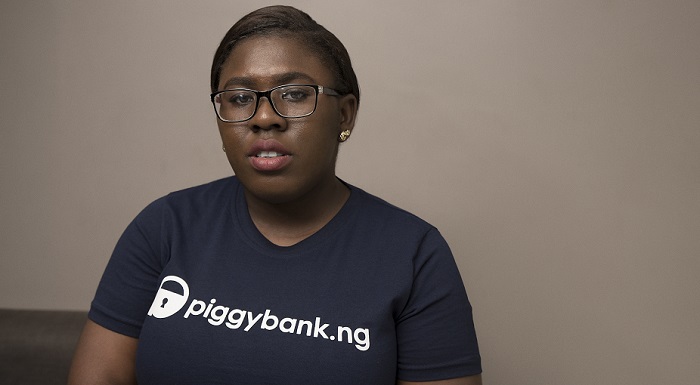
In December 2015, they founded Piggybank.ng- a very secure online savings platform that makes saving possible by combining discipline plus flexibility to make you grow your savings. The company shut down two times because they had to put some vital things like regulatory rules, micro finance and security software on the platform.
By 2017, they re-launched and partnered with United Bank for Africa as a micro finance partner and launched a SafeLock feature which allows users to put aside an amount of money for a fixed period without having any access to it until that time is up. Users are also able to earn interest upfront.
By the end of the year, they managed to save N683 million ($1.8 million) and in March 2018, they raised an additional $1 million.With that money, they were able to purchase their own micro finance license and it was uphill from there.
The app has over 180,000 current users and has won several awards including Future Awards Africa Prize in Technology 2018, Business Day Top 100 SMEs, and the 2017 Village Capital Fintech.
She tells Forbes, “A new wealth creator is finding newer, more creative and easier ways to help people create wealth.”
5. Nneka Mobisson -Co-founder and CEO, mDoc
Sector: Digital Health
In 2010, Dr Nneka Mobisson’s father died from a stroke. This was due to the fact that there were no doctors to help control his hypertension. Six years later, she left her job as an Executive Doctor for Africa at the Institute for Healthcare Improvement to make life better for people living with chronic health care needs.
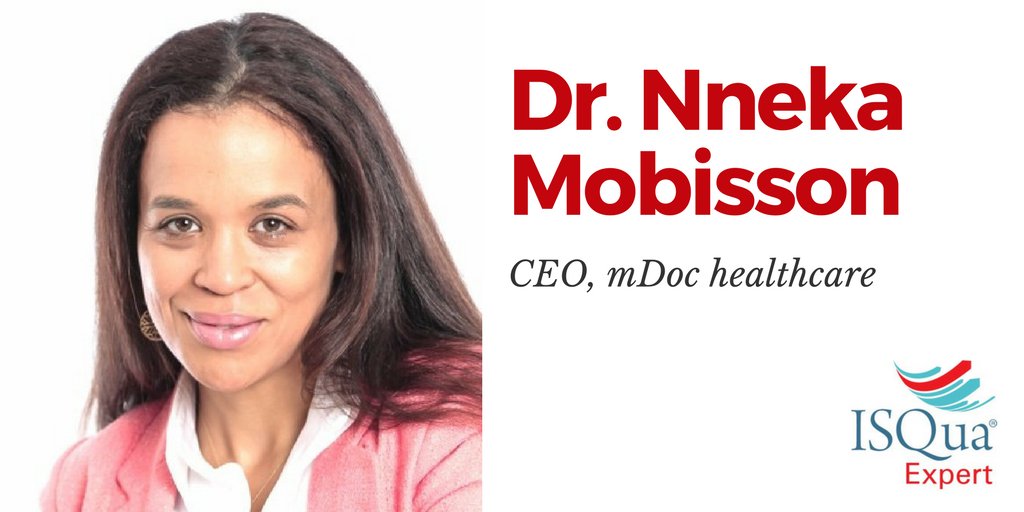
Her goal was to optimize the care experience of people living with chronic healthcare needs such as diabetes, respiratory system disease, HIV, asthma and cancer.
Through the mDoc platform, the people are led to a virtual care team consisting of coaches and nurses in real time. They assess patients, discuss their health goals and advise them on medical care actions. They also provide digital navigation, trackers and digital support groups for the patients.
mDoc has experts from South Africa, Zambia, Rwanda, Kenya, US, UK and Nigeria, operating on the service. On International Women’s Day, Nneka launched a micro-financing company for women to save for their health and have access to credit for economic empowerment.
Credit: fabwoman.ng

Comments are closed.